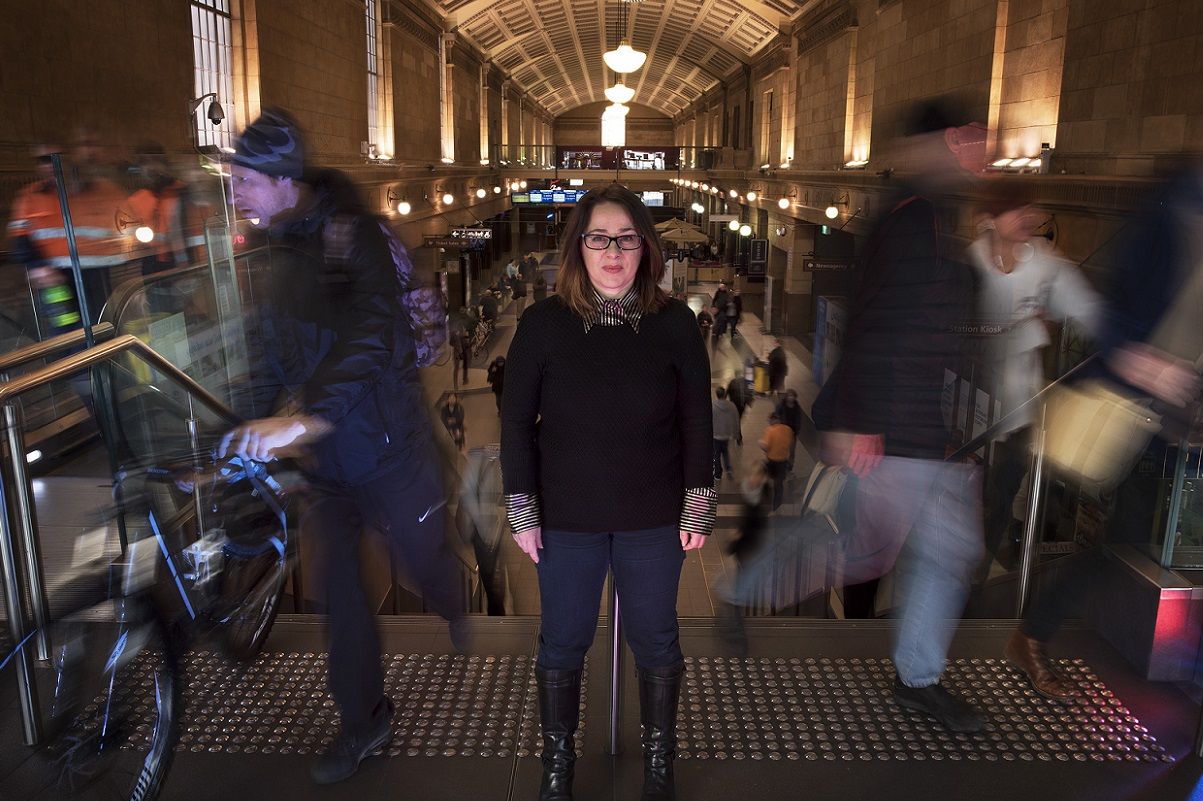
FiT sat down to talk with Associate Professor Marinella Marmo, lecturer in Law, whose human rights research has uncovered startling evidence of slavery conditions and human trafficking in South Australia.
What made you decide to work in your research field?
From a young age, I became aware that crossing borders as a poor migrant in need gives you an identity that can be exploited by others. My grandparents, who were poor farmers, went to work in Switzerland when they lost everything in Italy and they experienced the harshness of being ‘the others’ – two jobs, long working hours, isolated from their own community and not speaking the language. Many migrants in Australia can relate to this.
What is your current research about?
Slavery and slavery-like practice in South Australia. I have collected evidence about current and severe forms of exploitation akin to human trafficking in Adelaide.
How will your work benefit the wider community?
Raising awareness of slavery practices occurring around us is the crucial first step, if we want to do something in this area.
What has been your proudest moment as a researcher?
Research I did with Dr Evan Smith while working in the UK on virginity testing at Heathrow airport became an international news item. Women were being searched ‘internally’ to check whether they were a virgin to match their request to enter the UK with a fiancée visa – and this occurred until 1982. The research sparked an exhibition, a documentary and a Q&A in the UK Parliament. I’m also proud of my two national teaching awards. Teaching the new generation of thinkers is an important aspect of a researcher’s life.
What has been your most challenging moment as a researcher?
I struggle every time I hear real stories, happening right here and right now, about other fellow human beings being abused, vilified, used as commodities and rejected once they are broken. I know how fortunate I am with my family, and we should all remind ourselves of our blessings more often than we actually do.
What does a normal day look like for you?
Teaching and meeting students are an important part of my job. I encourage young people to face the reality of what crime is and challenge their existing black and white views. I ask students to take a ‘slavery test’ and find out ‘how many slaves you own’: it’s a shocking tool to make us more aware of our surroundings and what we can do to make change.
If there is one piece of advice you could impart on future researchers and university students, what would it be?
A dream is achieved one step at the time. Work hard and then harder, because there is no time for excuses. There are fewer jobs for social science researchers, yet the world needs independent thinkers who can provide evidence-based arguments, especially in a climate of “fake news”.

